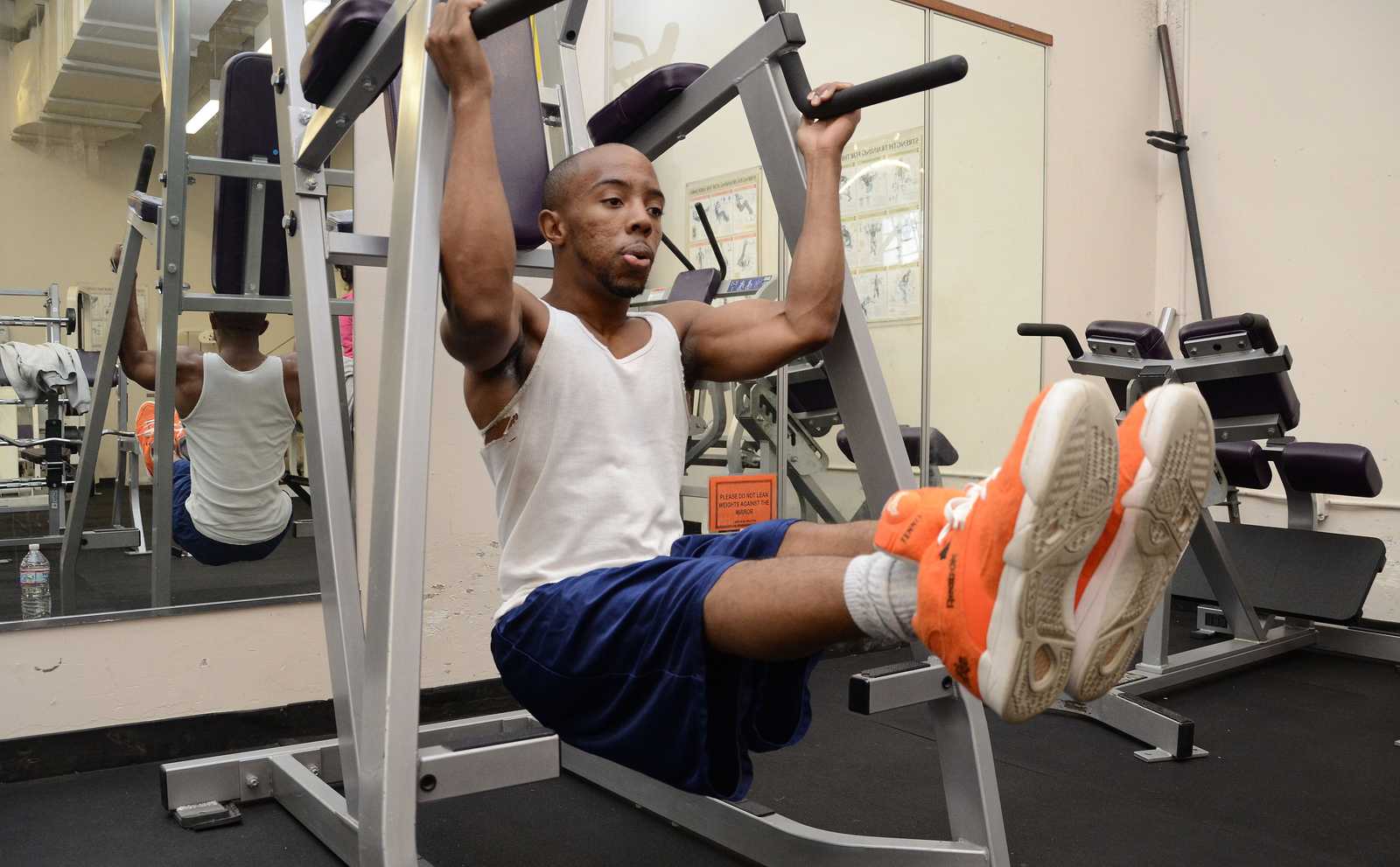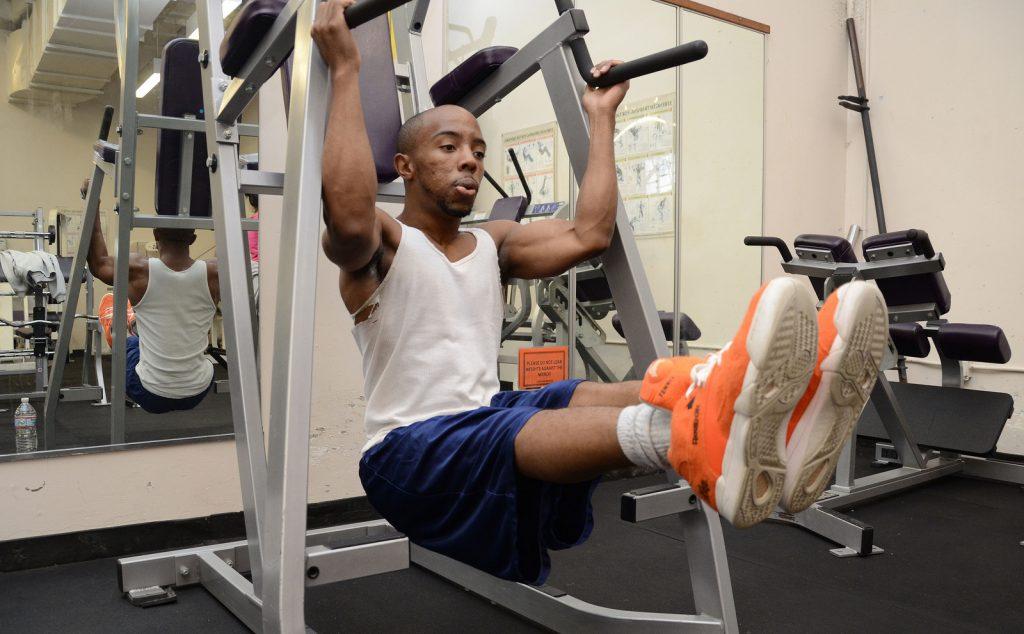[set_id=72157635373999906]
Many students are faced with the challenge of staying healthy on a college campus, a struggle that often involves weight gain, stress and loss of sleep — but by taking advantage of on-campus resources, students can put their health woes behind them.
According to a 2005 national health survey, 3 in 10 college students are overweight or obese. Students are cramming for tests, rushing to their next class, grabbing high calorie snacks and drinks, often ending up a part of this statistic. SF State offers services and programs covering student health needs from psychological support to nutritional guidance to exercise classes.
According to Aimée Williams, lead health educator from SF State student health services, the general formula for staying healthy can be organized into four categories: nutrition, exercise, sleep and stress. Each of these things is dependent on and intertwined with the others.
“Finding a balance is very important,” said Williams, adding that a diet filled with variety is the trick to maintaining a healthy weight and to feeling good. “Make sure you’re getting vegetables and fruits into your diet and don’t eat pizza every night at 3 a.m.”
Nutrition
A common pitfall for students and their nutrition is alcohol intake. Williams encourages students to always eat something if they are drinking, but to also remain mindful of the calories and sugar they are consuming through alcoholic drinks.
Katy Yukawa, a nursing major, said nutrition plays a huge role in her success.
“In the past year I have revamped and tightened up my eating habits and the benefits I have seen are enormous,” said Yukawa, 20. “I feel great, I have more energy, and it makes me feel good knowing that I am putting clean foods in my body. Being a busy student isn’t an excuse for being unhealthy; treat your body right.”
Students can find more, free nutritional guidance on-campus through Peer Educators Advocating Campus Health’s nutrition program, which trains student volunteers to provide nutritional guidance to their peers in the student health center. Upon an appointment students can learn how to make healthy choices with a PEACH assistant.
Exercise
According to the President’s Council on Fitness, Sports & Nutrition, less than five percent of adults participate in 30 minutes of physical activity each day and only one in three adults receive the recommended amount of physical activity each week.
It’s recommended by the Centers for Disease Control and Prevention that adults get a minimum of two hours and 30 minutes of moderate-intensity aerobic activity every week and muscle-strengthening activities on two or more days a week that work all major muscle groups. Williams recommends that students get in their recommended exercise by taking advantage of the beautiful outdoors that surrounds them in San Francisco.
“Find something that you can do each day,” said Williams. “In between classes go walk around campus; take one or two flights of stairs instead of taking the elevator; take the longer route to class and walk up that extra hill; just find ways to incorporate exercise each day.”
The campus gymnasium and pool are open to all students with a valid ID card; fitness classes are frequently offered on campus through Group X Fitness and Campus Recreation, with options like Vinyasa Yoga Flow, Turbo Kick and Zumba. Students can find other exercise outlets through the SF State intramural sports programs, with sports like soccer, volleyball, and flag football.
Sleep
The Center for Disease Control and Prevention recommends that adults get between seven to nine hours of sleep each night — a number that many college students never come close to. Kana Thompson, 20, nursing major, said that the importance of sleep should not be discounted, as it is the bedrock for many other health related issues.
“When students don’t get enough sleep, our grades slip and we certainly don’t feel like exercising,” Thompson said.
Not getting enough sleep can be directly linked to weight gain and a higher level of stress. According to Williams, “When you’re tired, you’re more likely to drink caffeinated beverages, which have a lot of sugar in them.” All of which can lead to the packing on of a few extra pounds.
Stress
According to Stress & The College Student, more than 30 percent of all college freshman report feeling overwhelmed and 38 percent of college women report feeling frequently overwhelmed.
There are many free counseling and psychological services on SF State’s campus that are available to students in need. Students can find an array of support programs and counselors through the Counseling and Psychological Services Center on campus.
“You have all these people who are wanting to help you and see you succeed,” said Williams. “If you ask, someone will be waiting to help you.”








